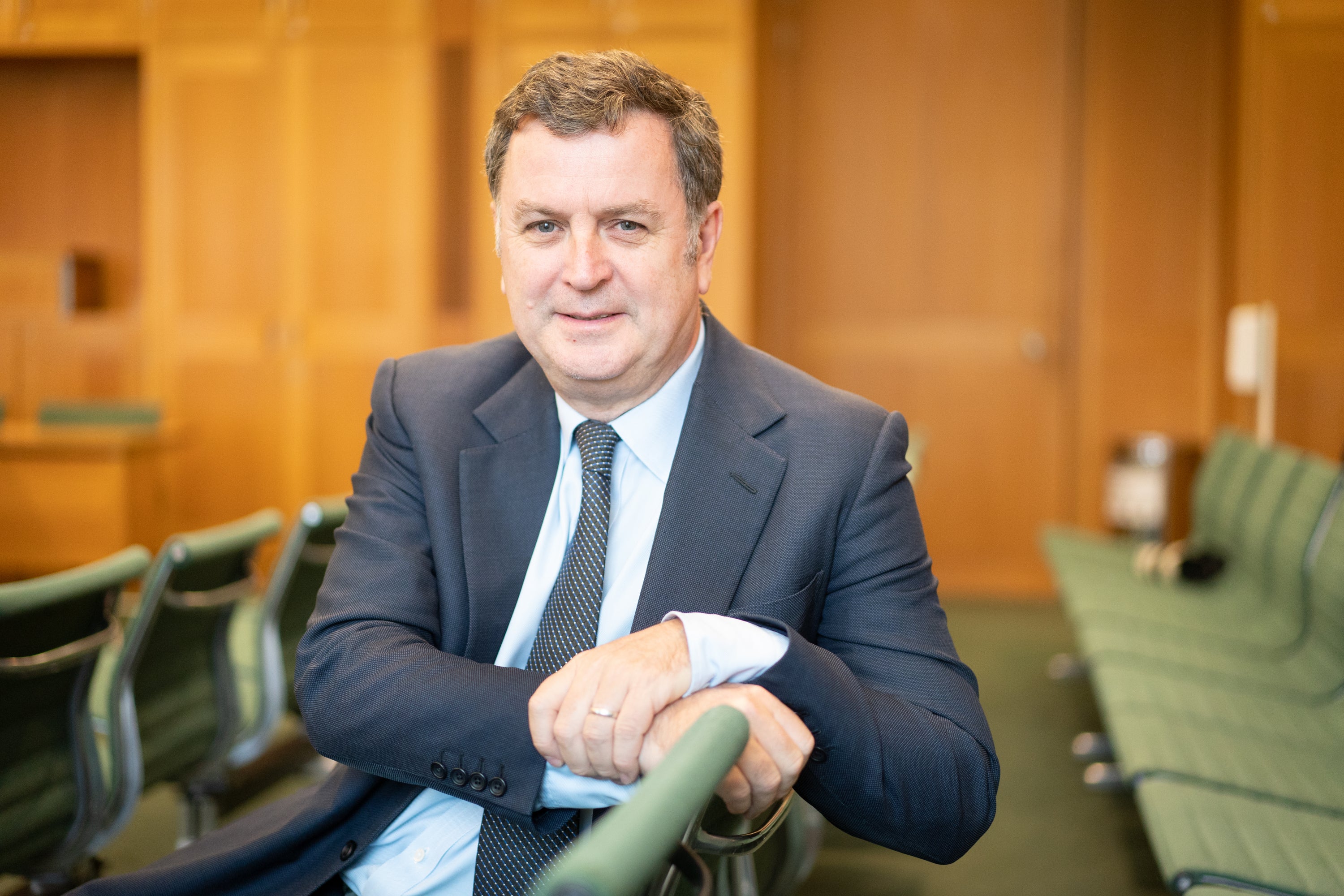Rishi Sunak must cut taxes to counter cost of living crisis, says Mel Stride
The Treasury Select Committee chair said the Chancellor faces a ‘massive challenge’ to get the tax burden down.

Your support helps us to tell the story
From reproductive rights to climate change to Big Tech, The Independent is on the ground when the story is developing. Whether it's investigating the financials of Elon Musk's pro-Trump PAC or producing our latest documentary, 'The A Word', which shines a light on the American women fighting for reproductive rights, we know how important it is to parse out the facts from the messaging.
At such a critical moment in US history, we need reporters on the ground. Your donation allows us to keep sending journalists to speak to both sides of the story.
The Independent is trusted by Americans across the entire political spectrum. And unlike many other quality news outlets, we choose not to lock Americans out of our reporting and analysis with paywalls. We believe quality journalism should be available to everyone, paid for by those who can afford it.
Your support makes all the difference.The Chancellor must act to lower taxes as households and businesses face a mounting cost of living crisis amid spiralling inflation, the head of an influential Commons committee has warned.
Mel Stride Conservative chair of the Treasury Select Committee, said the cross-party group of MPs was “very concerned” by rising UK inflation, which is already at a near-decade high and set to surge further.
He told the PA news agency that Rishi Sunak needed to lower the tax burden to help Britons cope with increasing costs, with prices rising for everything from energy and fuel to food as supply chain disruption mounts.
But he said it was a “massive challenge” for the Chancellor, who has left himself with little room, given the creaking public finances and vulnerability to interest rate rises.
It comes amid accusations that the Government is heading for a high tax, low growth economy, after upping corporate tax rates for businesses and freezing the income tax threshold to try and balance the books.
Analysts have said the UK tax burden is now at a level not seen since Clement Attlee’s Labour government in the 1950s.
Mr Stride said it was crucial for the Government to “tame inflation and try and get taxes down so people are keeping more of their money and are going out spending and businesses investing.”
He said: “If we can get on top of inflation and get the economy growing, we’d do a great deal to improve the spending power of households.”
The Chancellor has insisted his goal is to reduce taxes by the end of the current Parliament in 2024.
But Mr Stride said: “It’s going to be quite tough for him to deliver on his aspiration of getting taxes down.”
Interest rates are widely expected to rise imminently – likely from 0.1% to 0.25% before Christmas – as the Bank of England tries to cool rampant inflation.
This will have a “very negative impact on our national debt,” said Mr Stride, with even a one percentage point rise in rates costing the UK an extra £23 billion in interest payments on its huge debt mountain.
Mr Stride said that could wipe out all the gains to the public coffer from raising corporate tax rates and freezing the income tax threshold.
He also called on the Government to rein in its push for higher wages across the UK, which he said risks adding to the inflation spiral.
“They need to be measured to the extent that there’s an urging of employers to put up wages without there being an increase in productivity.
“It will just feed down to ultimately higher prices.”